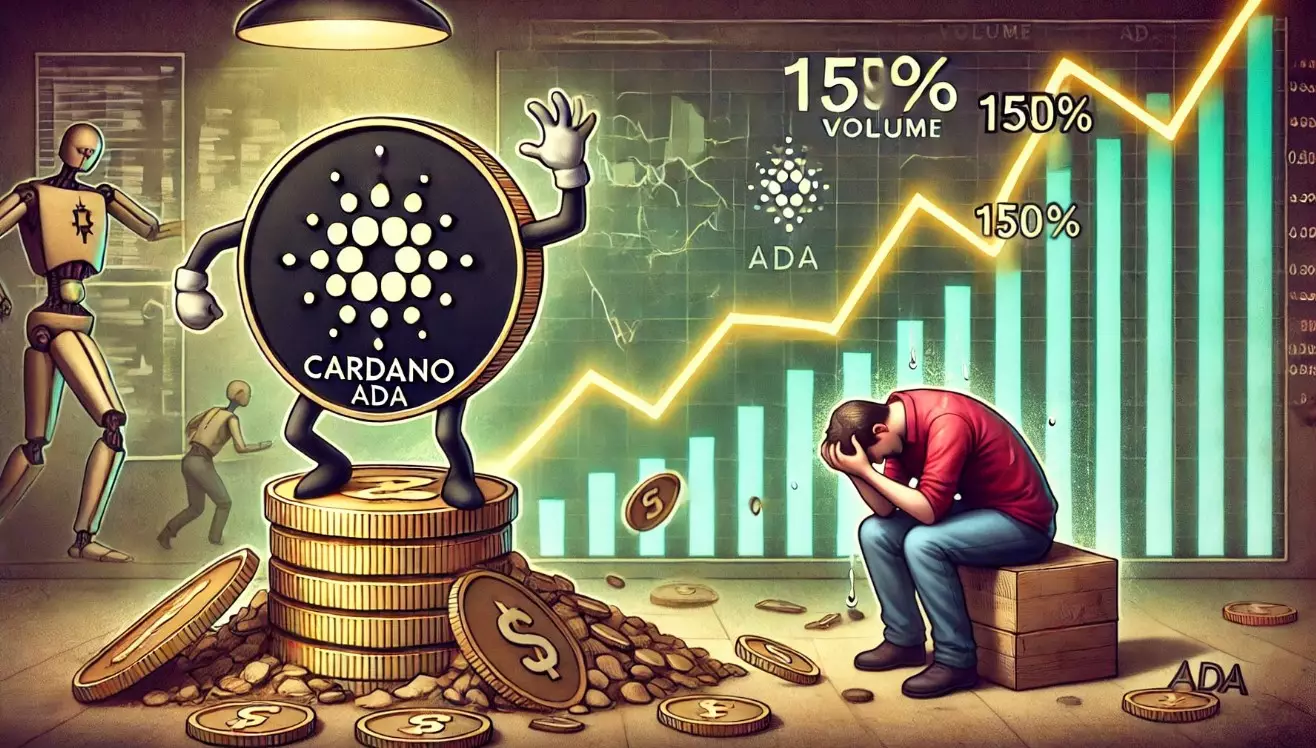In September 2023, the Cardano blockchain went through the noteworthy Chang hard fork upgrade, marking a significant milestone in the network’s ongoing evolution. This upgrade, according to Charles Hoskinson, the visionary behind both Cardano and Ethereum, has propelled Cardano to the forefront of the cryptocurrency landscape. Hoskinson’s assertion that this recent upgrade renders Cardano superior to both Bitcoin (BTC) and Ethereum (ETH) raises important questions about the nature of blockchain decentralization, community governance, and the future trajectory of crypto innovations.
At the Token2049 Conference held in Singapore, Hoskinson emphasized the new governance model post-Chang upgrade, which he claims redistributes power away from elite stakeholders and reinvests it in the wider community. This model is crucial in addressing what Hoskinson perceives as a significant flaw in Ethereum’s centralized structure, dominated largely by its founder, Vitalik Buterin. He poignantly remarked that this centralization creates a “bottleneck for innovation,” as the platform’s progress heavily relies on the vision and involvement of a single leader.
Hoskinson’s comments aren’t just theoretical; the Chang upgrade has yielded practical changes, enabling Interactive Delegated Representatives (DReps) to actively participate in the network’s decision-making processes. Through this governance model, stakeholders can vote on critically important issues and guide the platform’s roadmap on an ongoing basis. This democratization is positioned as a way to ensure that Cardano continues to innovate and evolve, regardless of individual setbacks or shifts in leadership. The founder’s bold declaration—“Charles, alive or dead, doesn’t matter”—speaks volumes about his commitment to decentralization and resilience within the Cardano framework.
Since its inception, Cardano has shown impressive growth, evidenced by remarkable metrics that reflect its increasing user adoption and application development. Currently, the blockchain boasts over 74,000 Plutus scripts, underscoring the platform’s capacity for complex smart contracts. It has also achieved a significant milestone of 1.3 million delegated wallets created over seven years, showcasing its popularity among users and developers alike. Moreover, approximately 1,373 projects have been launched on the Cardano platform, as noted in a recent tribute video by Input Output Global (IOG), the company responsible for developing the blockchain.
The rapid pace of these developments illuminates Cardano’s potential to serve as a foundational layer for decentralized applications (DApps), thereby contributing to the growing movement towards enhanced blockchain functionality and diversity. As more developers engage with the platform, the potential for innovative solutions across various sectors—finance, supply chain, and social governance—becomes increasingly tangible.
As Cardano transitions into a more self-sustaining blockchain model, the road ahead is laden with further advancements that promise to enhance its governance framework. The upcoming shift involves the replacement of Cardano’s initial genesis keys, which have been pivotal since the network’s launch. This progression aims to boost participation from Stake Pool Operators (SPOs) and DReps, which Hoskinson views as essential in crafting a truly decentralized system.
A significant component of this shift is the establishment of a Constitutional Committee (CC), designed to facilitate robust discussions around the governance model. The community will play an increased role in validating operational thresholds for stake pool nodes, laying down the groundwork for a more democratized blockchain ecosystem. As these elements converge, Cardano is poised to enter the authoritative Voltaire era, signifying its transition into a fully autonomous and self-governing platform.
While the Chang hard fork sets the stage for Cardano’s ascent, it is crucial to acknowledge that the timeline for fully realizing these developments remains uncertain. Further announcements from IOG and Hoskinson will be vital in mapping out the network’s next steps. The ambition behind these upgrades and the vision for decentralization invite participating communities to engage actively in the governance process. As Cardano endeavors to redefine the cryptocurrency landscape, its commitment to community involvement and innovation stands as both a challenge and an opportunity in an ever-evolving digital economy.

